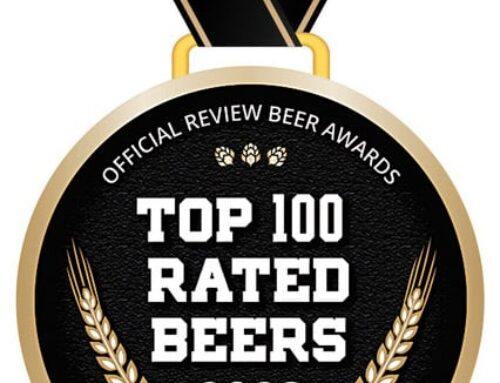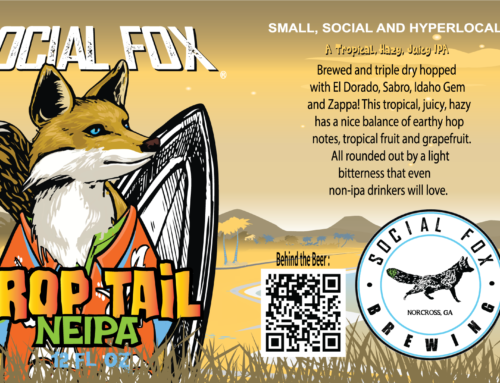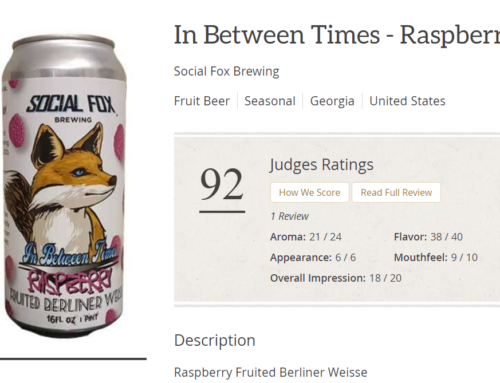In the past two years, craft breweries have showcased themselves as local, responsive, and free of corporate ownership. They have pushed the limits of collaboration to overcome supply shortages and disruptions. The conditions introduced by the COVID-19 pandemic have pushed brewers to become more innovative and quality-focused. It’s time to hear the voices of professionals in the tank room.
In January 2022, The Beer Connoisseur asked brewers how corporate acquisitions impact the craft brewing industry. We kept trade organizations’ definitions in mind. The American Brewers Association defines a craft brewer as an independent, small brewer – one that produces 6 million barrels of beer or less per year. It also requires that less than 25 percent of the brewery be owned or controlled by an alcoholic beverage producer that is not a craft brewer. The Society for Independent Brewing (SIBA), a U.K.-based brewers’ association, states that a craft brewer is one that creates authentic, hand-crafted, local, high-quality products. SIBA also mandates that a craft brewer not be a large global manufacturer.
Our review of answers from brewers showed they got into the details. This step was critical. The notes, asides, and mentions of particular breweries helped us understand that craft brewing’s emphasis should, first and foremost, be on the “craft” element of the industry.
Ownership isn’t everything
Across the board, brewers valued a brewery having a distinct identity not ruled by a conglomerate’s interests. Jamie Parker, head brewer at Social Fox Brewing in Atlanta, Georgia said a craft brewer can retain their identity even after an acquisition.
“I believe it depends greatly on the entity that purchases the brewery. Not all business conglomerates are built the same,” said Parker.
Parker said it’s key to keep recipes as close to their original form as possible after acquisition.
“The fastest way to ruin a brewery’s reputation is to sell to a conglomerate and alter their recipes…[to] not maintain the quality of the beer before acquisition. As long as the quality of the beer is unaltered, it doesn’t matter who owns the brewery,” said Parker.




